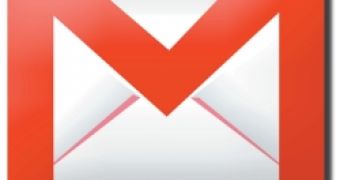Online identity is a big topic, one that will shape the future of the web. There are a lot of companies, services, protocols all trying to deal with the issue and their approaches are as varied as they can get. There's the all-in-one but somewhat limited approach of Facebook Connect and to a degree Google Friend Connect. There's the open but rather confusing approach of OpenID. And there's even talk of your browser becoming your identity provider. You can throw another one in the mix, Webfinger, which ties your email to your identity, has now been enabled for all Gmail accounts, providing they have a public Google profile associated with it.
There was a time, when dinosaurs had been extinct for just a couple of years, the World Wide Web hadn't even been invented, geeks weren't mingling with Diddy, née P. Diddy, née Puff Daddy at fashionable startup launches, when people used this thing called 'finger' to find out more about each other on the Internet. At that time, you probably knew anyone on the Internet by name so it wasn't that big of a deal.
Not the finger on your hand mind you, but a UNIX command which returned info on the owner of an email address. Before you ask, yes, email had been invented, the service predates dinosaurs in fact and, like the common cockroach, will probably outlive human kind and the Internet or at least Facebook.
The finger protocol went extinct in the late eighties early nineties as people became more concerned about their privacy, a theme which has managed to stay fresh even as the web advanced. Now the finger protocol, like plenty of other eighties trends, is making a comeback spurred by Google. Having your identity associated with an email makes sense, certainly more than having it attached to a URL. People already use their emails in a variety of places, especially in the 'real' world as an online identity place holder.
With the new WebFinger protocol, people can add various metadata to their email address, for example they can attach an online profile, which Google is doing. It's an open protocol, meaning anyone can implement it, but so far it hasn't really gotten any traction outside of Google. And it couldn't have come at a better time either, as Google is already 'revolutionizing' email and adding a clear social web component to it with Buzz. [via RWW]

 14 DAY TRIAL //
14 DAY TRIAL //